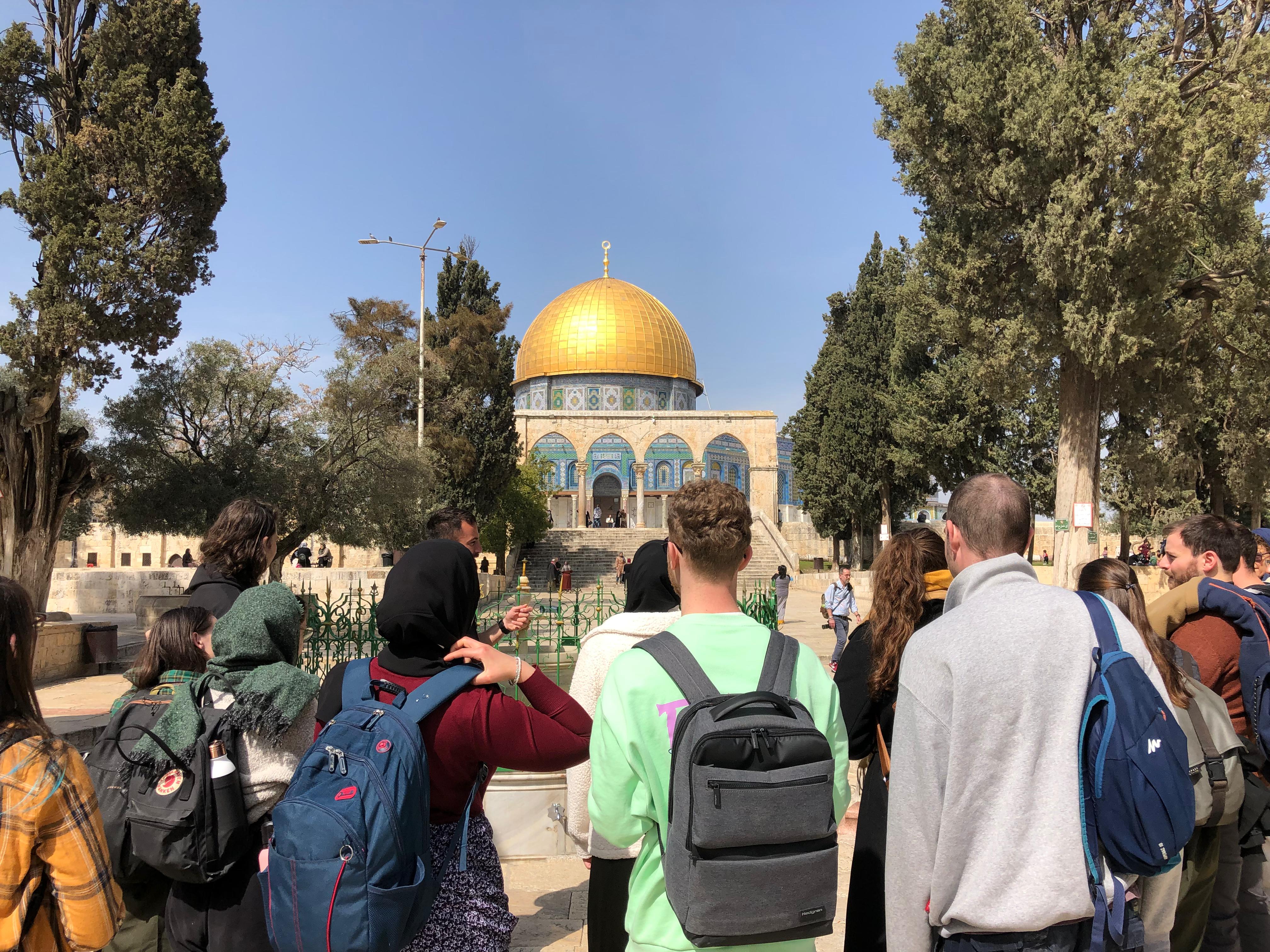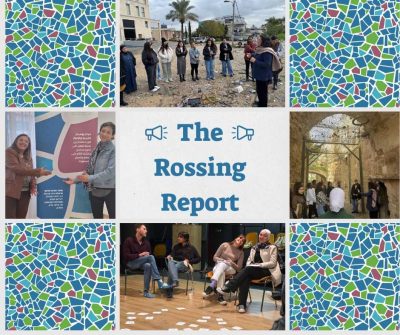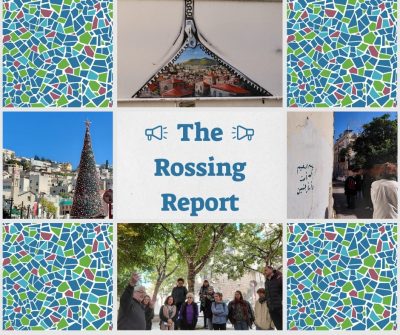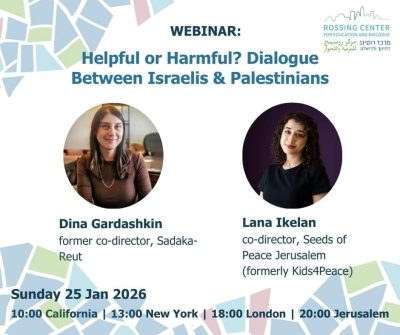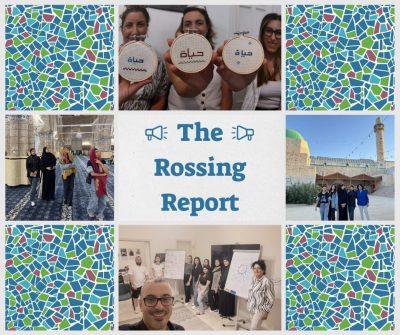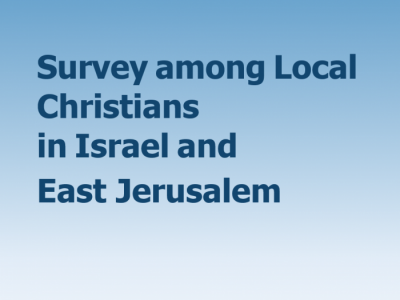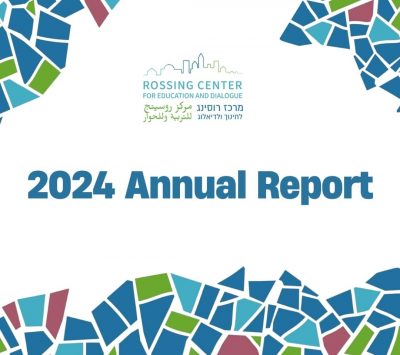Dear Friends,
For over a year, life in this country has grown increasingly complex and challenging. Each day, people face deeper hatred, pain, sorrow, frustration, and grief, while hope, peace, security, and change feel like distant dreams. The emotions surrounding us are steeped in dark, unyielding hues. Yet, it’s precisely from within this reality that we must find the strength to lift our heads and take action—despite the weight of the present. It’s natural to feel overwhelmed by today’s struggles, but we must believe that through action, change is possible, even in times like these.
At the Rossing Center, our work fuels our hope, strengthens us, and fosters a deep sense of continuity. This week we launched our “Educational Leadership in Times of Crisis” program within the Education Department, designed specifically for school principals. Originally planned as an in-person session, the event had to be moved to Zoom since principals in the North could not leave their schools under threat of missile arrack. Despite the circumstances, the open and thoughtful dialogue among the 16 Jewish and Arab school principals was truly inspiring. Alongside an introduction to the program, participants were invited to envision an ideal shared society. One response moved us deeply: “A shared society is one built on mutual respect, equality, and justice, with mental well-being, quality education, and an equitable healthcare system for all.”
How should such a society look? Key principles and values, Together and apart (similarities and differences)
The participants’ openness and commitment to meaningful engagement highlighted their powerful influence within their own communities. Such reflections renewed our hope and validated our ongoing efforts, underscoring the importance of building a better future while addressing the challenges of the present.
Another important event this week was the briefing we conducted at the EU offices in Tel Aviv for diplomats about the challenges of Jewish Christian relations, with an emphasis on the attacks on Christian clergy and communities, which continue to take place on an ongoing basis – and saw an upturn over the Succot holiday.
After a month of Jewish festivals, we’re back to a focused routine centered on creation and growth. With most of our programs set to relaunch in the coming days, we look forward to welcoming participants and partners as together we work towards a brighter future, full of renewed hope and possibilities for lasting change.
With hope for more peaceful days, and actions in the present that will help build that better future.

